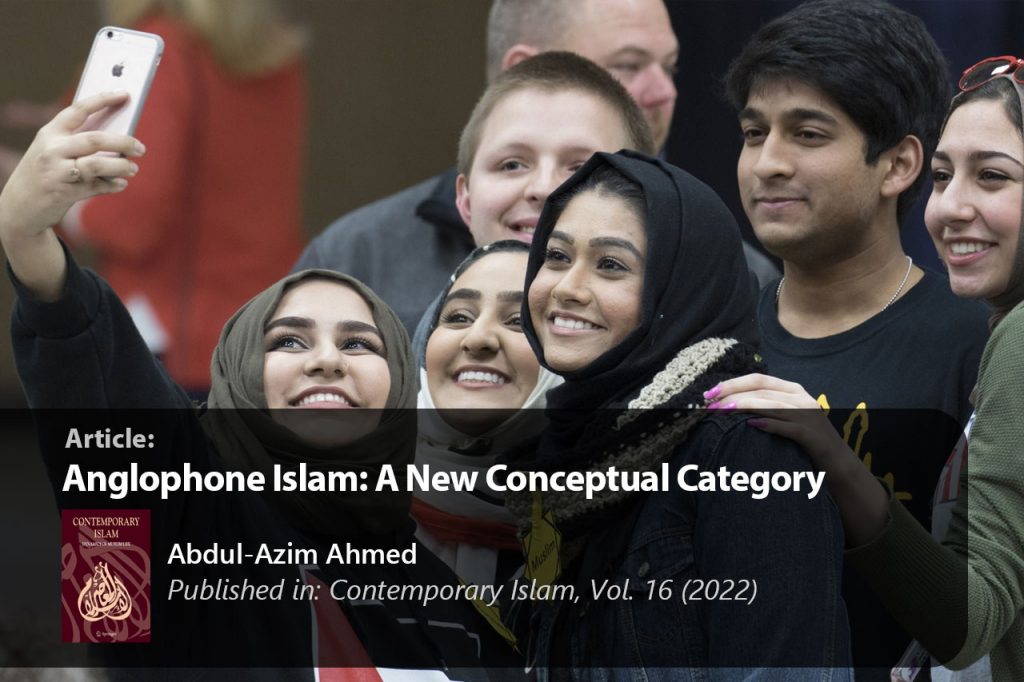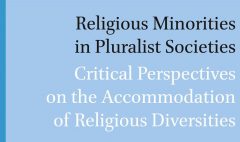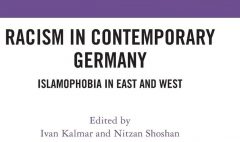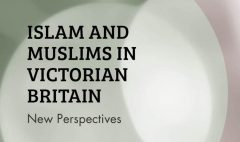Anglophone Islam: A New Conceptual Category
February 15, 2023 2024-03-17 23:13Anglophone Islam: A New Conceptual Category

Anglophone Islam: A New Conceptual Category
Article: “Anglophone Islam: A New Conceptual Category”
Author: Abdul-Azim Ahmed
Published in: Contemporary Islam, Vol. 16, pp 135–154
Publication Date: July 18, 2022
Publisher: Springer
The field of ‘Islamic Studies’, like ‘Religious Studies’, is a broad-church. It includes a number of epistemological and ontological positions associated with a range of disciplines. The diversity inherent in a category such as ‘Islamic Studies’ is challenged by a bifurcation of two predominant approaches found within the field, the textual and the sociological. In this paper, Dr. Abdul-Azim Ahmed seeks to propose a new concept for contemporary Islamic studies, that of Anglophone Islam, which will allow a broader range of scholarship to be contextualized in relation to each other. The concept also opens a new set of questions to be explored by scholars of Islamic studies. It will be of particular interest to scholars involved in contemporary Islamic studies in fields such as American Muslim studies, British Muslim studies and European Muslim studies, but will also have utility to theological, historical and philosophical scholars of Islam working in the English language.
About the Author
Dr Abdul-Azim Ahmed is Assistant Secretary General of the Muslim Council of Wales. He has an academic background in the sociology of religion; His PhD looked at the everyday life of a British mosque and he is currently in the process of writing books on mosques in the UK and Muslims in Wales. He is also Editor of On Religion magazine, a quarterly publication on religion, society and current affairs. He currently works as a researcher on equality issues for a non-governmental organization in Wales.
Download the full article HERE.
Source: Springer









